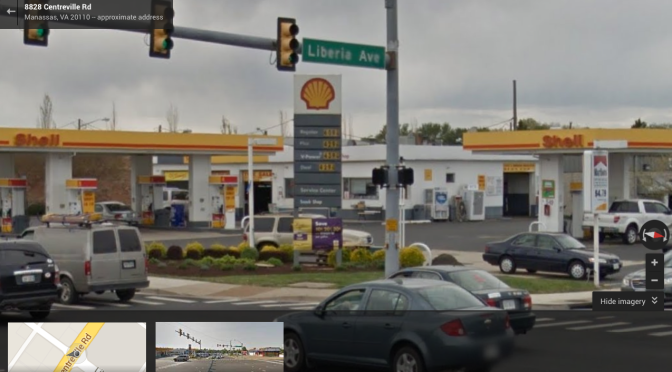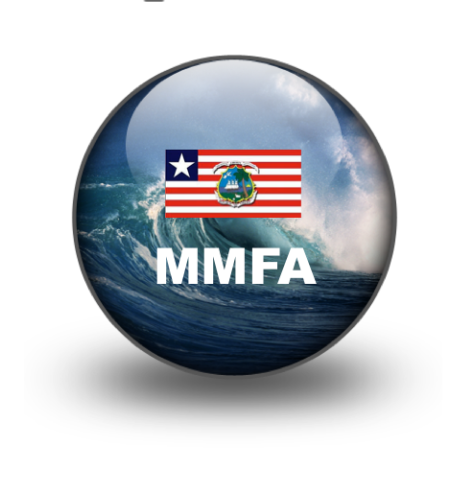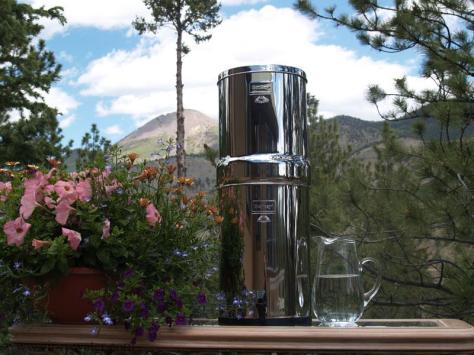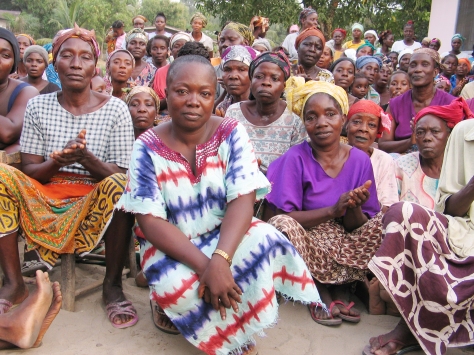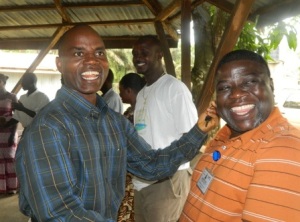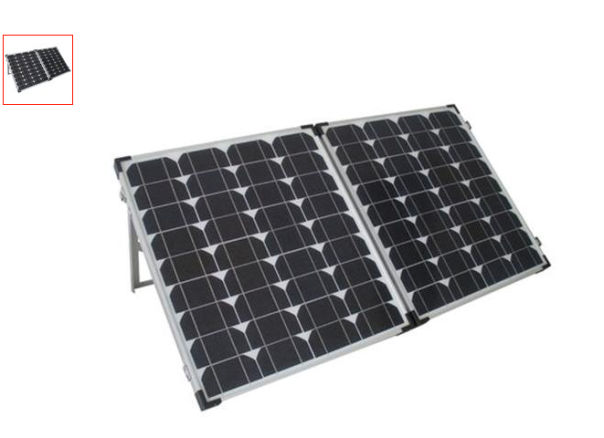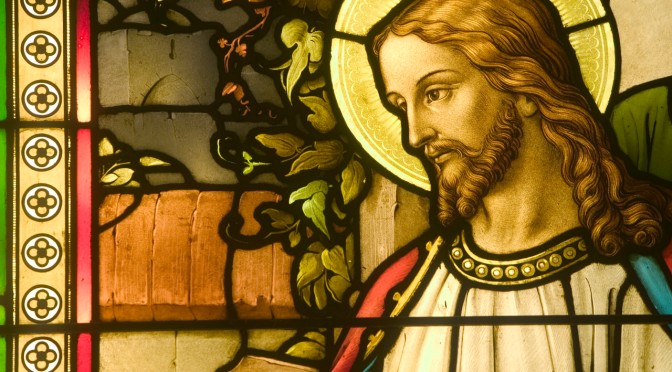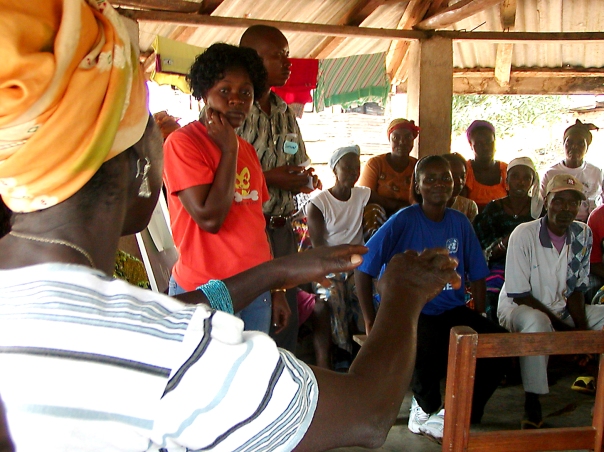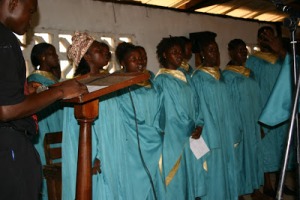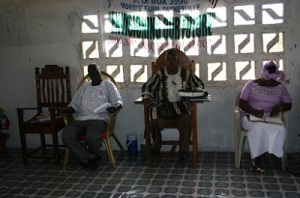Interesting Story about the Liberia Plantation House located in Manassas, Virginia, USA
With slave labor, William J. and Harriet Weir built a federal style brick mansion and operated a farm near Manassas that they named Liberia. The name highlights Weir’s ambivalence about slavery—he supported general emancipation with resettlement of former slaves in Liberia, Africa. He also voted against secession in 1861, but two of his sons fought in the Confederate Army. In 1860, eighty enslaved people lived at Liberia. Among them were Nellie Naylor and her seven children. Her husband Samuel had purchased his freedom and worked for the Weirs. Their son Cornelius “Neil” operated a gristmill nearby that Weir also owned.
On the eve of the Civil War the plantation had grown into one of the largest and most successful in western Prince William County. With the labor of 90 slaves the Plantation produced grains and vegetables sold commercially in Washington City. The Weir’s also raised a large herd of Moreno sheep as well as horses, cattle, and hogs.
During the Civil War, William and Harriet Weir moved to Fluvanna County for safety. Twenty-two enslaved people accompanied them, including the Naylor’s daughter Sallie. Other slaves were sent farther South, some seized the opportunity for freedom behind Union lines, while some black workers—likely including Samuel, Nellie, and Neil Naylor—stayed on at Liberia and managed the property during the owners’ absence.
At different times the house served as headquarters for Union and Confederate armies; presidents Abraham Lincoln and Jefferson Davis both visited there. Unlike most of the homes and farms in the area, Liberia passed through the war in good condition. In November 1865, after the Weirs returned, Samuel Naylor bought over fifty acres of land from them in exchange for $500 he managed to save. The Weirs gave Nellie another twelve acres in recognition of “the love and affection they have for their faithful servant.” The Naylor children eventually inherited the property, though most moved away. Sallie Naylor Randolph inherited the family house on Centreville Road and lived there in 1920.
Resources
- Charlotte Cain, “Divided Loyalties: An Account of the Family of William J. Weir During the Civil War.” [A PDF document] Prince William Reliquary 3 , no. 3 (July 2004): 55-61.
- ________. “The Descendants of Samuel and Nellie Naylor, an African American Family of Prince William County.” [A PDF document] Prince William Reliquary 1 , no. 4 (Oct. 2002): 73-80.
- ________. Milford Mill: The Lost Landmark. [A PDF document] Prince William Reliquary 1 , no. 4 (July 2005)
( Liberia Plantation House)
Liberia Plantation
|

P.O. Box 3996, Morris Farm Paynesville
Monrovia, Liberia, West Africa, Liberia


Related articles
- Portable Electric Generators Needed For The Rainy Season (messiahmissionsforafrica.wordpress.com)
- What Uses More Electricity: Liberia, or Cowboys Stadium on Game Day? (blogs.wsj.com)
- Liberia: Warzone to holiday paradise? (edition.cnn.com)
- LIBERIA Messiah Missions For Africa We Can Make A Difference… (messiahmissionsforafrica.wordpress.com)
- The New Church Building Project is well underway and we are very optimistic about its success… (messiahmissionsforafrica.wordpress.com)
- Liberia: Warzone to holiday paradise? (wdsu.com)
- Liberia: Warzone to holiday paradise? (wyff4.com)
- Ivory Coast hopes to squeeze the profits from palm oil (bbc.co.uk)

